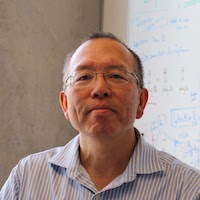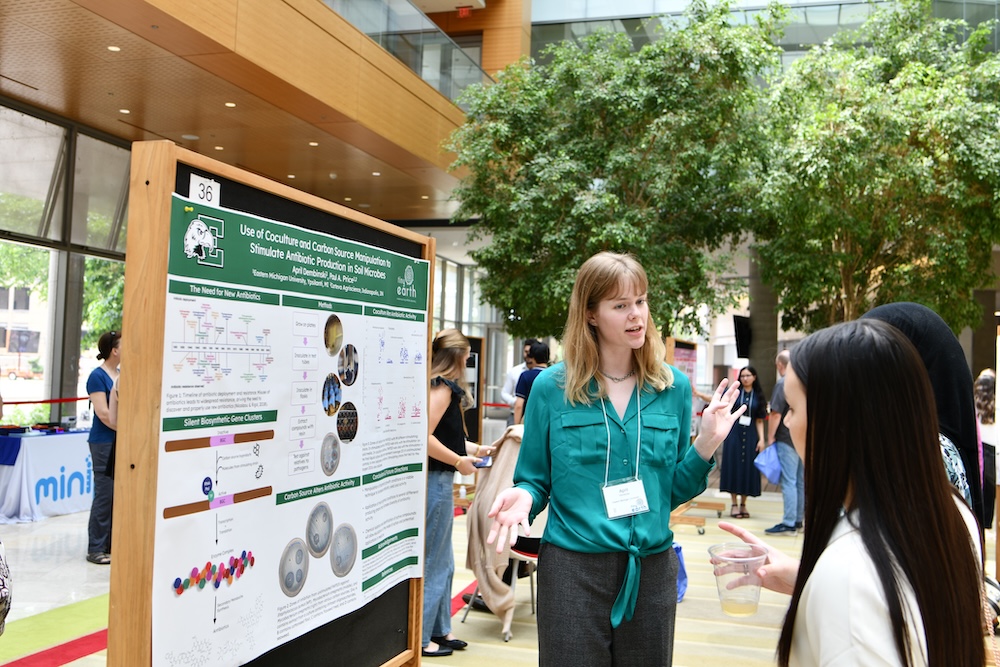NSF Supports Interdisciplinary Pandemic Prevention Workshops
The COVID-19 pandemic may still be raging on, but scientists from dozens of disciplines are already looking ahead to how the next pandemic can be mitigated or prevented altogether. The National Science Foundation is funding a series of interdisciplinary workshops to bring research communities together to address fundamental scientific questions and address pressing issues in pandemic prevention.
Professor of Chemical and Biological Engineering at the University of Wisconsin–Madison and the Wisconsin Institute for Discovery John Yin is part of the team developing one of these workshops. The focus of the Prevent Symposium, held online on February 22 and 23, is on understanding how the behavior of pathogens emerges from interactions between components at different scales.

John Yin
The objective of the workshop series is clear: improve the scientific community’s response to emerging pandemic threats. “The big goal of all the workshops is to not be caught flat-footed,” says Yin. “How do we figure out how to predict and prevent pandemics? What sort of research should we be doing, and where are the gaps in our knowledge?”
With a primarily computational and modeling approach in the Prevent Symposium, Yin and his collaborating organizers believe an end-to-end understanding of how pandemics unfold at different scales is critical to preventing future outbreaks. “There’s a molecular and cellular level at which viruses are acting,” says Yin. “There’s also a physiological level at which the human host is fighting the virus. And then there’s another level up: the infected hosts who are our coming in contact with others who are not yet infected.” By examining and modeling the spread of infections at all three levels — molecular, physiological, and societal — scientists may be able to develop better interventions and fill the existing gaps in pandemic response.
The workshop will include presentations from dozens of scientists in addition to breakout discussion groups and is organized jointly with the National Science Foundation, the Georgia Institute of Technology, New York University, the University of Michigan, and the University of Wisconsin–Madison. Each workshop in the series is expected to have up to 50 invited active participants. The community can participate in a listen-only mode and interact through chat and Q&A functions.
Learn more about the Prevent Symposium at prevent-symposium.org. Information about all four workshops is available at nsf.gov.





